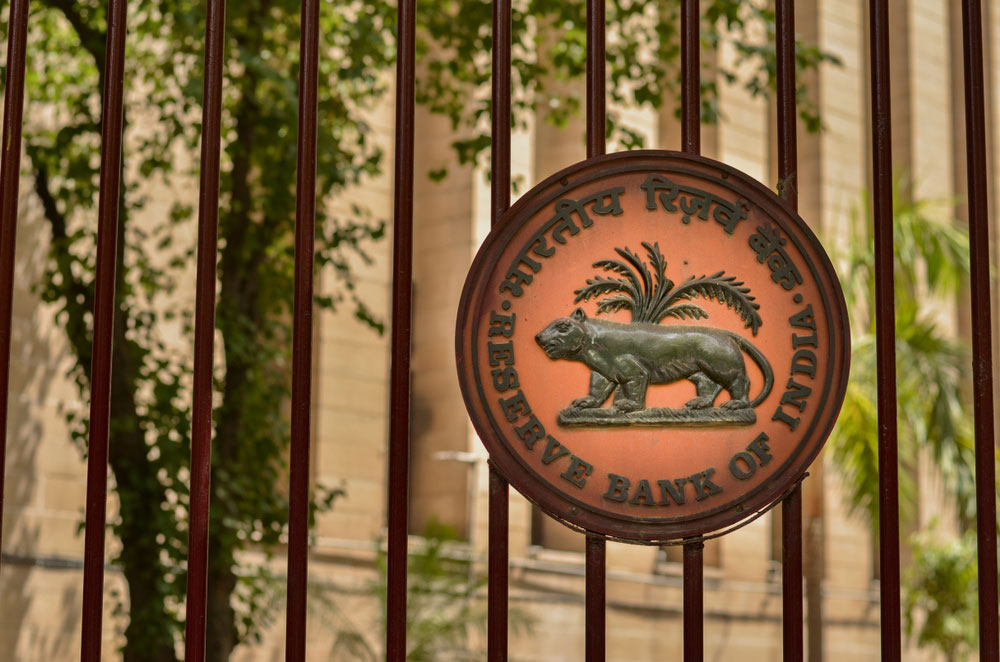The Reserve Bank of India had advised the Narendra Modi government against introducing electoral bonds in the 2017-18 budget as the mechanism went against the professed goal of transparency and the principles of the Prevention of Money Laundering Act.
According to The Huffington Post, the Modi government had referred the proposal to introduce the bonds to the RBI as the move entailed an amendment to Section 31 of the RBI Act, 1934. But the government rejected the central bank’s reservations within hours.
In the 12 rounds of electoral bonds issued since the mechanism was notified in January 2018, the total amount collected through this route till last month was a staggering Rs 6,128.7 crore.
Although there’s no official information on which party benefited the most from these bonds, documents suggest the BJP got the lion’s share at least of the inaugural bonds issued in March 2018.
According to the BJP’s audit and income-tax reports for 2017-18, submitted to the Election Commission in November 2018, the party received over Rs 210 crore through these bonds. This was almost 95 per cent of the Rs 222 crore worth of bonds sold in the only tranche issued that fiscal year.
In a letter to the department of economic affairs in the finance ministry, which transparency activist Lokesh Batra has accessed through an RTI application, RBI chief general manager P. Vijaykumar had said on January 30, 2017: “The proposed mechanism militates against the Reserve Bank’s sole authority for issuing bearer instruments in cash.”
He had added: “Bearer instruments have the potential to become currency and if issued in sizable quantities can undermine the faith in banknotes issued by the central bank. Amending Section 31 of the RBI Act would seriously undermine a core principle of central banking legislation and doing so would set a bad precedent.”
Further, the RBI had noted that “even the intended purpose of transparency may not be achievable” and “the principles and the spirit of the PMLA, 2002, get affected” as the “identities of the intervening persons/entities would not be known” although that of the buyer will be, under the Know Your Customer parameters.
The central bank had therefore advised the ministry against the move. It said there was no need to disturb an established international practice in order to provide a formal mechanism to people or entities contributing to political parties, when this could be done through cheques, drafts or electronic transfer.
That same day, then revenue secretary Hasmukh Adhia, a Gujarat-cadre IAS officer, shot the RBI’s advice down.
According to the document accessed by Batra, Adhia’s comment on the RBI’s response was: “It appears to me that the RBI has not understood the proposed mechanism of having prepaid instruments for the purpose of keeping the identity of the donor secret, while ensuring the donation is made only out of fully tax paid money of a person.”
Adhia’s contention was that since there would be a time limit for redeeming the prepaid instruments, and a limitation of redeeming such bonds only in the designated accounts of registered political parties, the fear of such a bearer instrument being used as currency was unfounded.
He closed the matter for further discussion, saying the RBI’s “advice has come quite late at a time when the Finance Bill is already printed”.
But the RBI’s letter says the proposal had been referred to the central bank just two days earlier, on January 28, by email. Then finance minister Arun Jaitley signed the file clearing the proposal on January 30, the day of the RBI letter.
Once the electoral bonds were announced, the Election Commission too wrote to the law ministry objecting to the scheme. The poll panel has reaffirmed that stand in the Supreme Court, which is hearing a case against this funding route for political parties.
Reacting to the latest disclosure on the electoral bonds, CPM general secretary Sitaram Yechury, one of the petitioners in the case, told a news conference: “These documents which have been unearthed absolutely prove what we have been saying — that electoral bonds are a way to legalise political corruption.”
He highlighted the huge sums collected through electoral bonds and asserted that the BJP had been the biggest beneficiary, citing the documented evidence of the ruling party bagging 95 per cent of the Rs 222 crore collected through bonds in the inaugural tranche.
Yechury added that the CPM does not accept money through electoral bonds. Demanding that the BJP come clean, he said: “This opaque instrument is ruining our economy and poisoning our democracy.”










